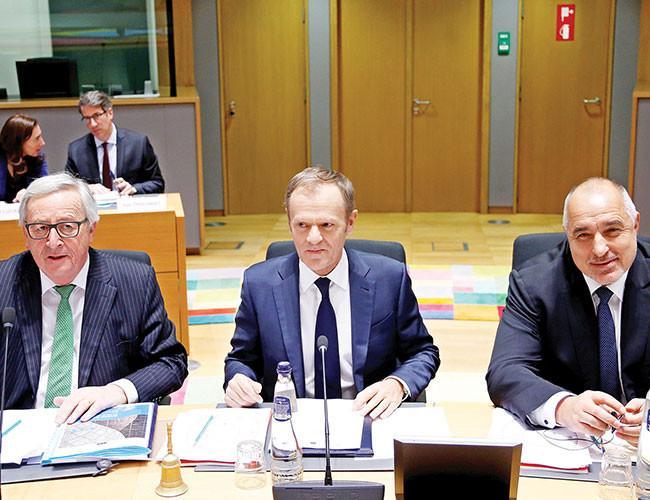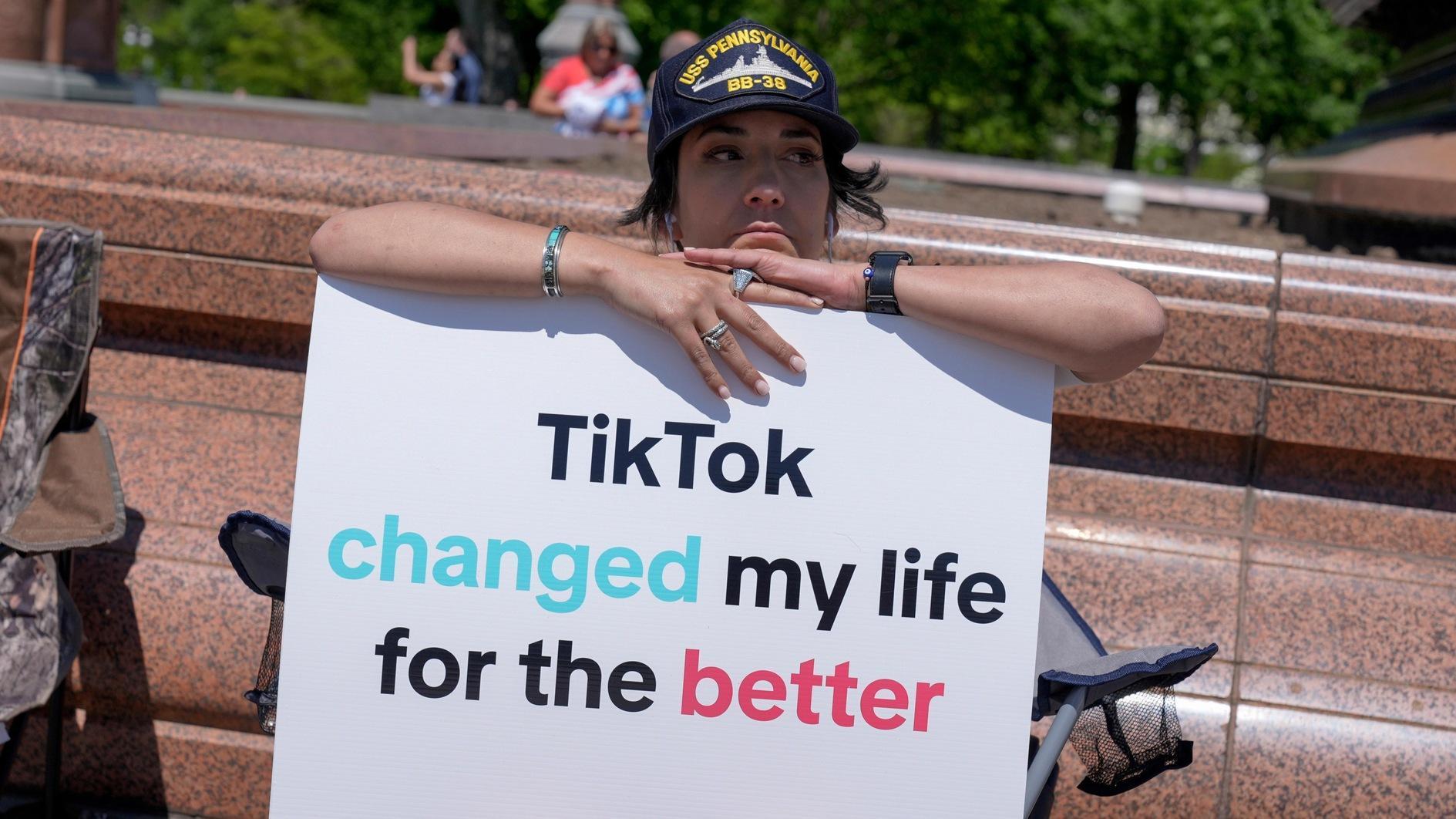Turkey, EU to meet at tough summit in Varna
Serkan Demirtaş - ANKARA

Turkey and the European Union will meet at a summit at the highest level today in Bulgaria’s resort city of Varna amid continued differences over a score of complicated issues on the former’s snail-paced accession process as well as regional policies in eastern Mediterranean and Syria.
President Recep Tayyip Erdoğan will lead a large delegation that includes Foreign Minister Mevlüt Çavuşoğlu and EU Minister Ömer Çelik in talks with European Commission President Jean-Claude Juncker and European Council President Donald Tusk. The host will be the current EU term president, Bulgaria’s Prime Minister Boyko Borisov.
The Varna summit will take place nearly 10 months after Erdoğan’s meeting with Juncker and Tusk in Brussels that had launched a new episode in ties to mend strained relations and to intensify cooperation on a number of key issues to the mutual concern.
Turkey and the EU have revived dormant dialogue channels and held meetings on a number of various occasions since then. But real progress on core issues is yet to be observed.
Top three issues Turkey will raise at the summit will be the revival of the suspended accession talks, granting visa liberalization to Turkish nationals and upgrading customs union that were cited as Brussels’ promises in return for Turkey keeping Syrian refugees on its soils in a 2016-dated agreement.
“The assessment on Turkey’s proposals for visa liberalization has not been completed yet. And there is no political consensus on giving a green light for the modernization of the customs union,” a diplomat from an EU country told the Hürriyet Daily News over the weekend. “Opening chapters is not on the agenda either.”
Turkey has suggested that it’s ready for a set of legal adjustments on its anti-terror law in a bid to secure a go-ahead for Schengen visa waiver from Brussels. The EU Commission is planning to respond to it after the Varna Summit.
Erdoğan will also reiterate his disappointment with the pace of the transaction of the financial assistance the EU promised for Syrian refugees in Turkey. The EU has recently unlocked the second part of the payment, three billion euros.
Juncker and Tusk, on the other hand, are expected to question the continuation of the state of emergency and the deterioration of the implementation of fundamental freedoms in Turkey.
“The summit comes before the Commission’s Progress Report. The mood of this report would be conveyed to President Erdoğan,” the same diplomat stressed.
The annual Progress Report on Turkey will be revealed mid-April and is believed to be severely critical on the government’s undemocratic actions. The worsening state of the rule of law, press freedom and the continued crackdown on dissident politicians, academics and journalists will probably dominate the report.
Turkey slams EU over Greek Cyprus
Just days before the summit in Varna, the EU Council’s condemnation of Turkey for its actions in eastern Mediterranean and the Aegean Sea added further fuel to strained Ankara-Brussels ties.
“The European Council strongly condemns Turkey’s continued illegal actions in the Eastern Mediterranean and the Aegean Sea and underlines its full solidarity with Cyprus and Greece,” the council’s statement had read.
Ankara’s reaction to the resolution was quick and harsh. “We cannot accept the statement on Turkey in the EU Council Conclusions adopted just before the Turkey-EU Summit to be held in Varna on 26 March. We consider the Turkey-EU Summit of 26 March in Varna an important opportunity to move our relations forward. We expect the same positive and constructive approach from the EU,” Çelik tweeted on March 23.
“However, when solidarity takes over legality and equity, then no one can talk about legitimacy. Solidarity is meaningful only when it is legitimate,” he said. “It is so unfortunate that the ones who told us that the Greek Cypriots and Greeks were responsible for the failure of the Crans Montana talks for a Cyprus solution have made such a statement,” he added.
Turkey’s Syria operation on the table
Another contested issue to dominate the Varna agenda is expected to be Turkey’s ongoing military operation in the northwestern Syrian district of Afrin. EU’s foreign policy chief has long been criticizing Turkey over “Operation Olive Branch” and urging the country to respect a U.N. resolution on a temporary ceasefire in Syria. France and Germany have also been voicing their concerns on the Afrin operation.
Turkey, in return, slammed the EU for imposing double standards when it comes to the fight against terrorism.
















